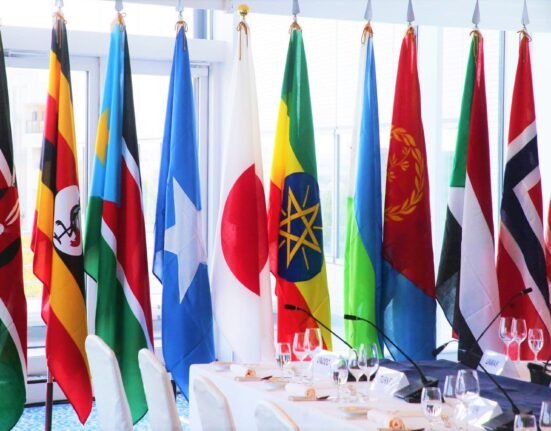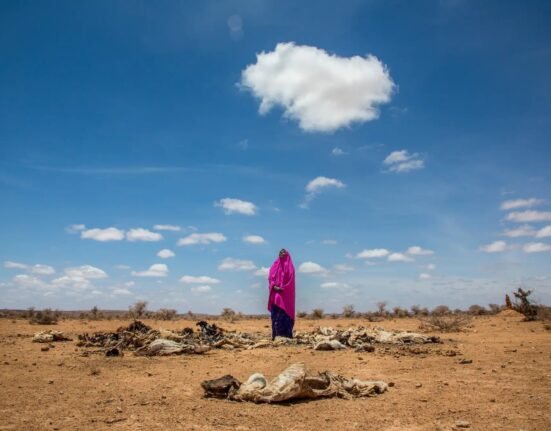Somalia, a country known for its rich culture and troubled history, has suffered from a lack of freedom for decades. The nation has been embroiled in ongoing political turmoil, marked by tribal conflicts, extremist activities, and a deteriorating governance system. This catastrophic scenario has limited the freedom of its citizens, stifling their ability to exercise basic civil liberties and hindering the development of a prosperous society. This article aims to shed light on the various aspects contributing to the lack of freedom in Somalia and presents a glimpse into the struggles faced by its people.
Political Instability and Fragmented Governance:
One of the most significant factors hampering freedom in Somalia is its prolonged political instability and fragmented governance system. Multiple armed groups, tribal militias, and regional authorities have struggled for control, resulting in a lack of coherent leadership or central authority. This power vacuum has created space for extremist organizations like Al-Shabaab to exploit the chaos, enabling them to impose their own oppressive interpretation of Sharia law. This not only infringes upon basic rights and freedoms but also perpetuates a cycle of violence and fear.
Violence and Intimidation:
The prevalence of violence and intimidation is another grave concern contributing to the lack of freedom in Somalia. Armed conflicts between rival factions and the extremist threat posed by Al-Shabaab have created an environment of fear and insecurity. Citizens are hesitant to express their opinions, fearing retribution or even death. Journalists, activists, and human rights defenders face constant risks, leading to self-censorship and limited civil discourse. The absence of security hampers the exercise of freedom of movement, as regular checkpoints and roadblocks restrict citizens’ ability to travel within the country freely.
Restricted Freedom of Expression:
Somalia’s lack of freedom is further evidenced by its curtailed freedom of expression. Journalists and media outlets are frequently targeted, resulting in a climate of fear that undermines press freedom. These constraints limit investigative journalism and suppress critical voices. Moreover, access to information is limited due to a lack of transparency and the government’s tendency to suppress dissent. The absence of an independent and free media further erodes trust in the government, hindering the country from achieving equitable and accountable governance structures.
Implications for Women and Marginalized Communities:
The lack of freedom in Somalia disproportionately affects women and marginalized communities. Gender-based violence, forced marriages, and limited access to education are prevalent issues. Women’s rights activists have been targeted for promoting progressive ideas and pushing for gender equality. Similarly, marginalized groups, particularly religious and ethnic minorities, suffer discrimination and persecution. The absence of freedom in Somalia exacerbates these challenges, preventing the full participation and inclusion of these groups in society.
The lack of freedom in Somalia is an issue that requires urgent attention. Addressing the deep-rooted political instability, promoting peacebuilding initiatives, and fostering a conducive environment for freedom of expression and human rights is vital. International assistance, collaboration, and support can play a crucial role in strengthening governance structures and empowering citizens to exercise their rights freely. Only by addressing these challenges can Somalia hope to break free from the shackles of oppression and embark on a path toward a freer and more prosperous future.






